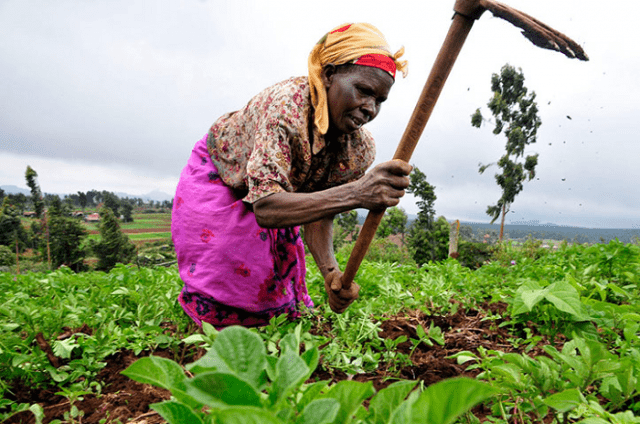An international team of scientists has found that eco-friendly practices such as growing a range of crops, including legumes such as beans or pigeon peas, and adding plant residues or manure to soils can raise food crop yields in places such as rural Africa, where small-scale farmers cannot apply much nitrogen fertilizer.
Published in the science journal Nature Sustainability, and examining data from 30 long-running field experiments involving staple crops – wheat, maize, oats, barley, sugar beet, or potato – in Europe and Africa, the study is the first to compare farm practices that work with nature to increase yields and explore how they interact with fertilizer use and tillage.
“Agriculture is a leading cause of global environmental change but is also very vulnerable to that change,” said Chloe MacLaren, a plant ecologist at Rothamsted Research, the United Kingdom, and lead author of the paper.
“Using cutting-edge statistical methods to distill robust conclusions from divergent field experiment data, we found combinations of farming methods that boost harvests while reducing synthetic fertilizer overuse and other environmentally damaging practices.”
Recognizing that humanity must intensify production on current arable land to feed its rising numbers, the paper advances the concept of “ecological intensification,” meaning farming methods that enhance ecosystem services and complement or substitute for human-made inputs, like chemical fertilizer, to maintain or increase yields.
*The views of the above article are those of the author and do not necessarily reflect the views of Africa Speaks 4 Africa or its editorial team.



